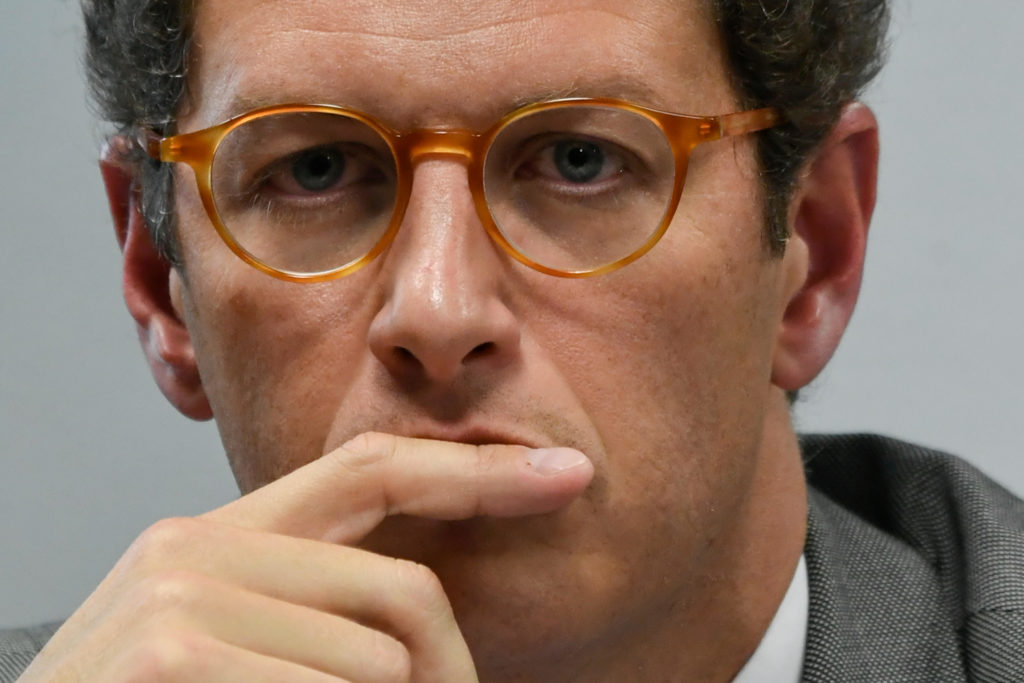By Arkady Petrov
RIO DE JANEIRO, BRAZIL – The federal government wants to use the Amazon Fund, set up with donations from Norway and Germany, to pay compensation for expropriation of land in protected areas.

The Amazon Fund was created in 2008 to receive donations for non-reimbursable investments in efforts to prevent, monitor, and combat deforestation, as well as to promote the preservation and sustainable use in the Brazilian Amazon.
It consists of money donated by Norway, the main donor, and Germany. The fund holds R$3.4 billion (US$850 million) and is managed by the National Bank for Economic and Social Development (BNDES).
According to the newspaper “O Estado de S. Paulo”, the government wants to use the money from the Amazon Fund to compensate expropriations.
The report says that the government is working on issuing a new Decree to amend the fund’s regulations and allow the resources to be used, for instance, to pay compensation to private property owners who lived in conservation areas.
Ricardo Salles, Environment Minister, confirmed this intention in an interview with TV Globo.
He said he wishes to select some regions where deforestation is high, such as the south of Pará, and to carry out pilot projects with a variety of monitoring and inspection actions.
In such cases, according to the minister, the fund money would be used to regulate land tenure.
“In cases where there is a need for landholding regularization to reduce conflict between the conservation area and those who are inside it, we will then develop tools to solve the problem. The point isn’t to use all of the Amazon Fund resources for this purpose alone but to give support to these pilot project areas”, declared Salles.
The fund’s regulations, however, do not permit the use of money for “payment of compensation for expropriation.”
Decisions are monitored by donors, who demand commitments, such as reducing deforestation. Organizations linked to nature conservation have shown concern for the Environment Minister’s proposal.

Raul Valle, WWF’s director of public policy, says there is already a compensation fund for public works, in the amount of R$1 billion, to be used primarily for regularization of landholdings, adding that the change proposed by the minister could lead to an increase in deforestation.
“There is no anti-deforestation strategy published by this government. So, we don’t know how effective this proposal will be, and it needs to be well implemented because there is plenty of public land invasion in conservation units in the Amazon. If this resource is misused, it can benefit those who are invading public land, and generate a race for deforestation,” said Raul Valle.
The minister also wants to increase the number of government representatives in the fund, arguing that this would lead to more efficient management, which is also being criticized by organizations on the board.
The Environment Minister will present these suggestions today, May, 27th, to the president of BNDES and the ambassadors of Norway and Germany.
This week, after the minister criticized the BNDES fund’s management and director Daniela Baccas was removed, the German Embassy announced it was willing to listen to the Brazilian government’s proposals, but said it still does not agree with changes in the Amazon Fund.
In a statement, the Norwegian Embassy declared to be “satisfied with the robust governance structure” of the Amazon Fund and with the results obtained in the last ten years, and that it did not receive any proposal from the Brazilian authorities to change the structure and criteria for the application of the fund’s resources.

